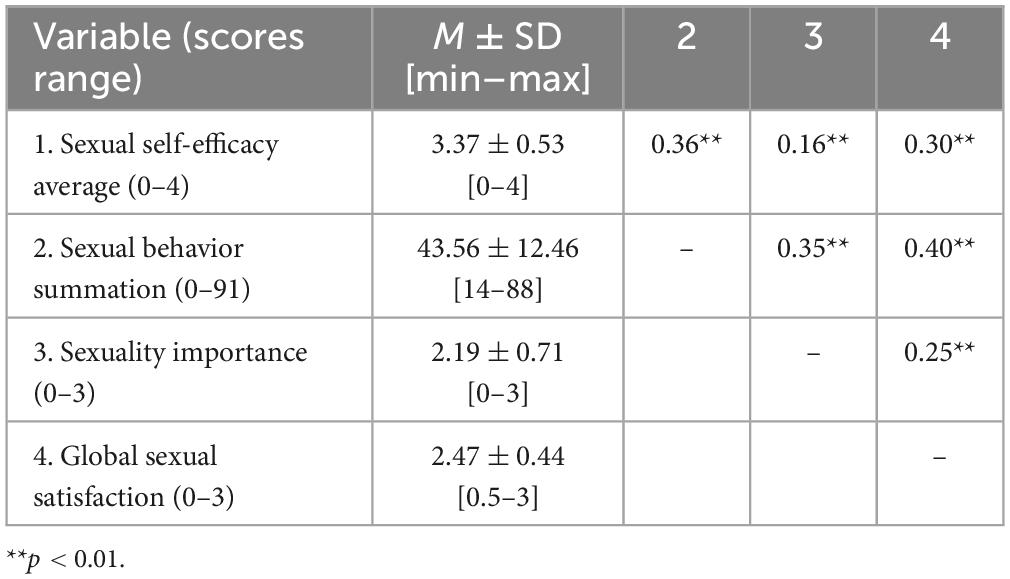It’s time to crack the code to female sexual satisfaction.
Published in Frontiers in Psychology, a large-scale study uncovers various factors tied to women’s fulfillment in the bedroom. The findings could lead to better strategies for promoting sexual health and sex education across different phases of life.
Method

To find the key to sexual satisfaction, researchers examined the sexual experiences of women in Spain.
Specifically, they aimed to uncover the relationship between sexual satisfaction, sexual behaviors, the perceived importance of having a healthy sex life, and sexual self-efficacy.
Sexual self-efficacy refers to confidence in one’s ability to make informed sexual decisions and actions, especially when facing challenges. This includes avoiding high-risk behaviors, such as having sex after drinking, and engaging in protective behaviors, such as using condoms and communicating desires to enhance sexual satisfaction.
Despite growing research on these topics, few studies explore how they interact.
In addition, existing research often focuses on a narrow age range. This study, however, surveyed 1,076 women aged 18 to 50, a period marked by significant life events such as pregnancy, childbirth, and menopause.
Of the participants, 1,046 (97%) were Spanish citizens born and raised in Spain. The remaining 3% were European, Latin-American, or Asian. Most participants (94%) had lived their entire lives in Spain, with the rest having spent significant time there.
In addition, 69% had sexual partners. Most (80%) were heterosexual, while 3% identified as lesbian, 13% as bisexual, and 3% were undecided.
Findings

Being confident in one’s sexual choices and actions (sexual self-efficacy) directly and indirectly leads to greater sexual satisfaction.
The indirect effect worked in two ways.
First, higher sexual self-efficacy led to more frequent and varied sexual behaviors, which then increased sexual satisfaction.
Second, engaging in more frequent and varied sexual behaviors made sexuality seem more important, resulting in greater sexual satisfaction.
Furthermore, there was a positive correlation between all factors: sexual self-efficacy, sexuality importance, sexual behaviors, and overall sexual satisfaction. This means that as one variable increased, the others tended to increase as well.
Researchers found participants reported on average relatively high levels of sexual self-efficacy (3.37/4), sexual satisfaction (2.47/3), and greatly valued having an active, healthy, and satisfying sex life (2.19/3). Yet the frequency and range of sexual behaviors participants engaged in was less varied (43.56/91). (See table at bottom of article for more details)
Neither age nor religiosity level affected sexual satisfaction.
Empowering women’s sexual health and wellbeing

In a world where women’s sexuality and pleasure are often overlooked, this study illuminates key factors that drive erotic fulfillment.
High sexual self-efficacy both directly and indirectly enhanced sexual satisfaction. The study also found that women who valued sexuality more and engaged in varied and frequent sexual behaviors had higher confidence in their sexual choices and greater satisfaction.
These findings suggest that promoting sexual health and education for women in early and middle adulthood should focus on these factors. The authors also recommend future research more deeply examine the connection between them, while exploring participants’ knowledge, attitudes, self-esteem, and motivations in more detail.
Empowering women with knowledge and sex-positive education can transform their lives and wellbeing.




